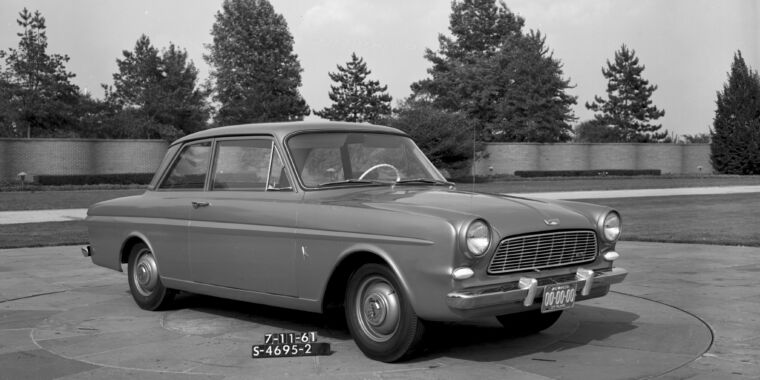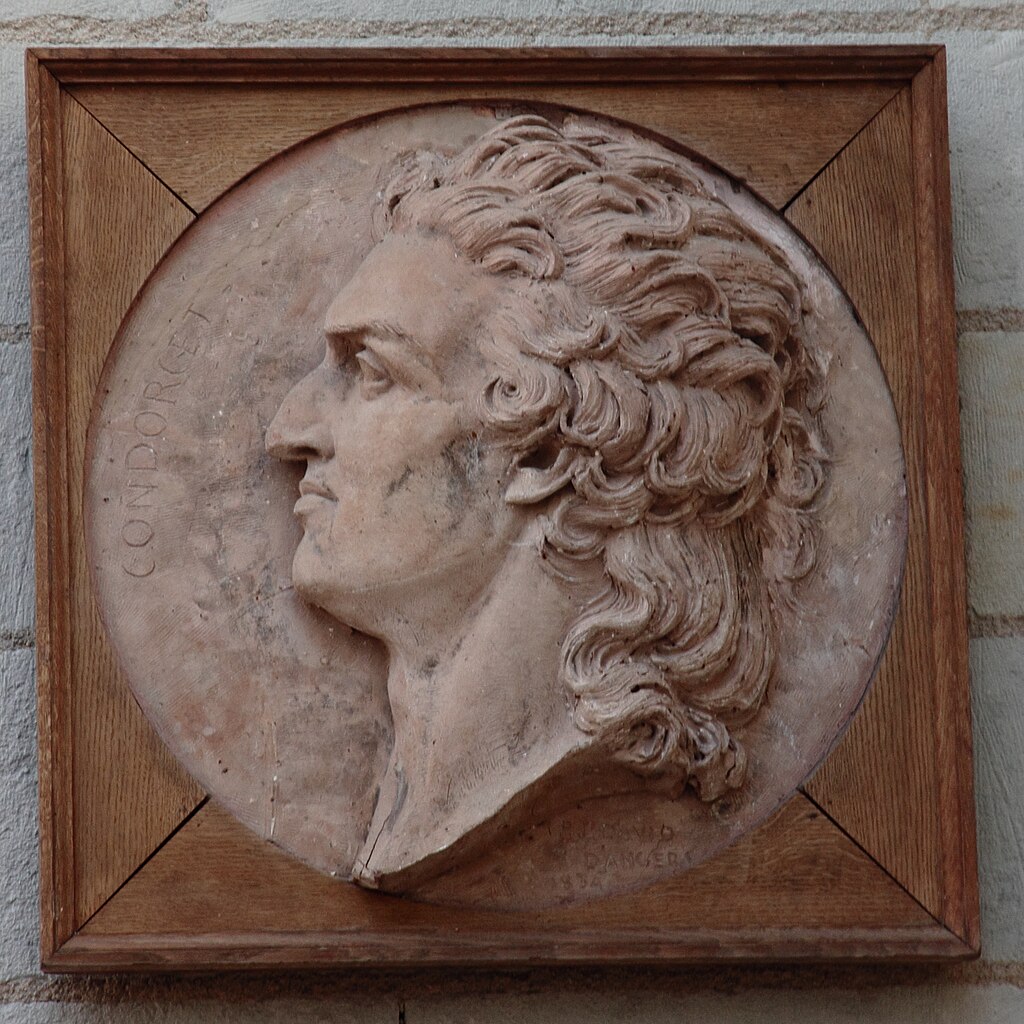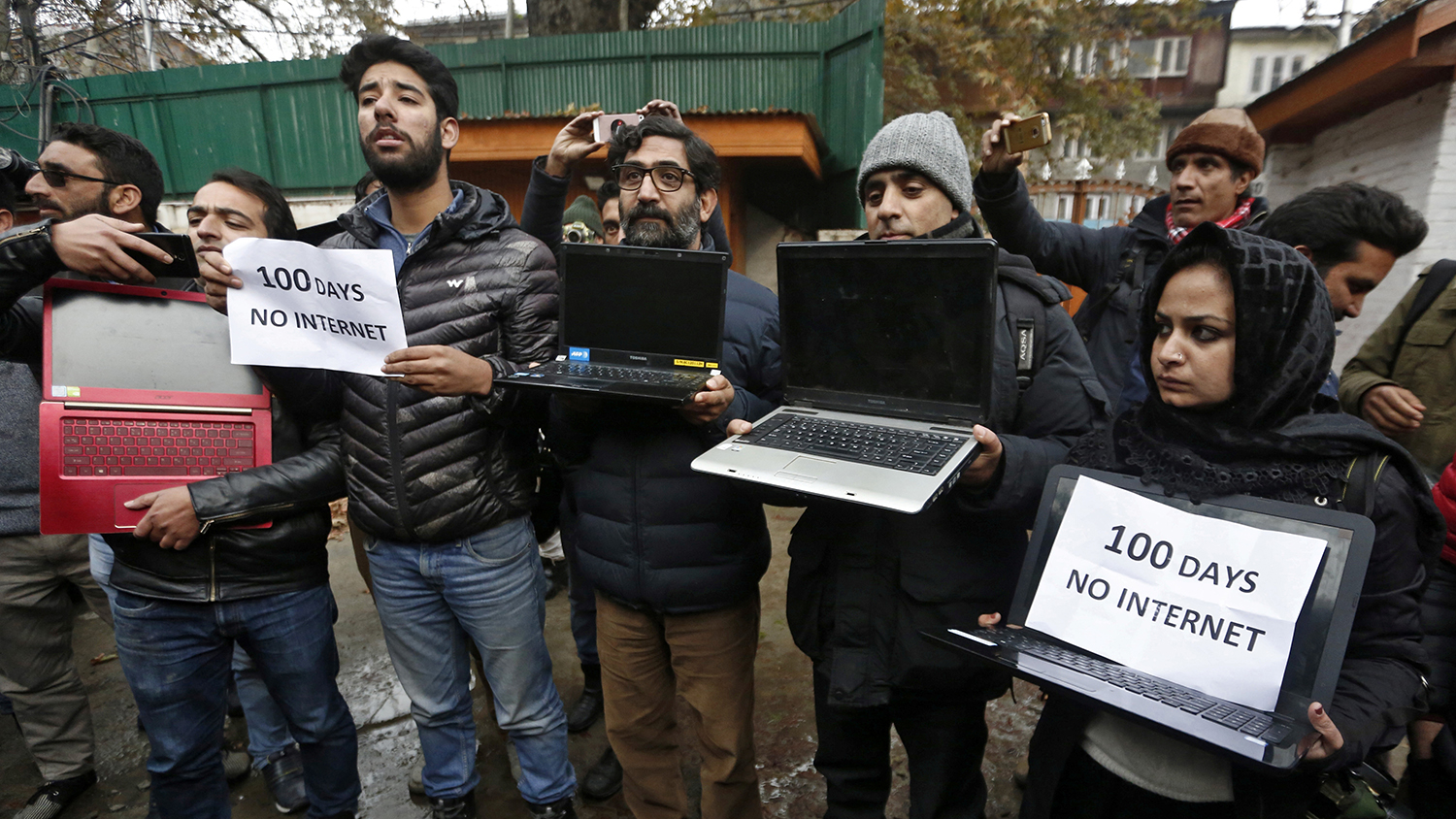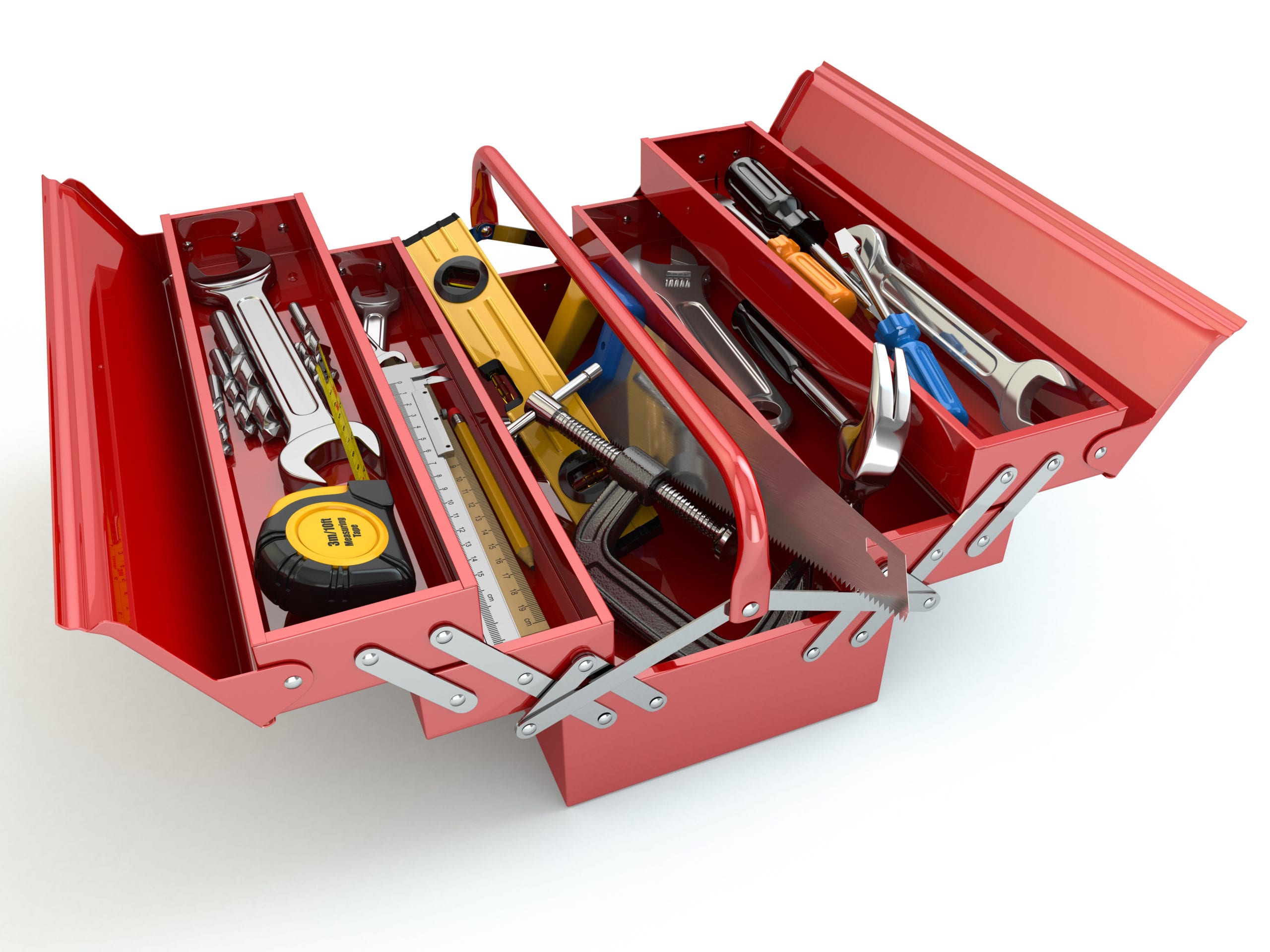
The 1963 Ford Cardinal—too radical for America at the time
Between 100 percent tariffs and now an impending ban on software, it's clear that America's auto industry is more than a little worried about having its lunch eaten by heavily subsidized Chinese car makers. But it's far from the first time that the suits in Detroit have seen storm clouds arriving from far-off lands.
In 1957, Detroit automakers' dominance of the US market seemed unbeatable. Smaller, independent American automakers Studebaker, Packard, Nash, Hudson, Kaiser, and Willys-Overland underwent various mergers to match the might of General Motors, Ford, and Chrysler to little avail.
The fastest-growing? Volkswagen. Inordinately popular worldwide, the automaker sold its millionth car in 1957, of which 36,000 were sold in the United States, making it the automaker's largest export market. Ironically, the problem was of Detroit's making. The Big Three had been offered the bombed-out remnants of Volkswagen for free seven years earlier. Their attitude was summarized by Ernie Breech, Ford's newly appointed chairman of the board, who told Henry Ford II in 1948, "I don't think what we're being offered here is worth a dime."
The automaker Ford spurned was among a flood of increasingly popular imported small cars. While Ford held 31 percent of the US market, it had nothing to counter the Volkswagen Beetle or other Lilliputian imports like the Renault Dauphine. An internal Ford report cited the surprising trend.
















.png)
